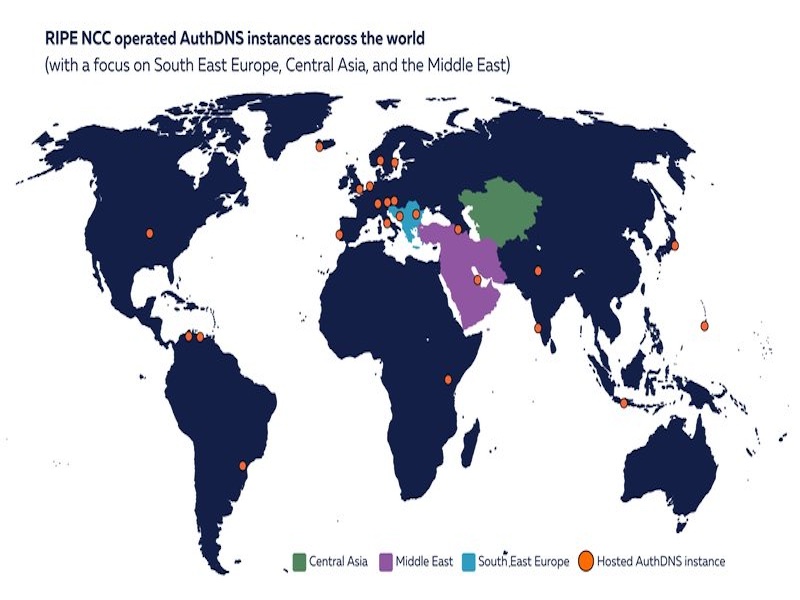- RIPE NCC advises members to update billing and resource data before 31 December 2024 to avoid unnecessary charges.
- The 2025 charging scheme introduces higher fees for PI assignments and a new annual fee for AS numbers.
What happened: RIPE NCC shares IPv4 stats, urges resource review
RIPE NCC, the Regional Internet Registry for Europe, the Middle East, and parts of Central Asia, has announced key updates for its members as 2024 draws to a close. Members are advised to review and update billing and resource data in the LIR Portal ahead of the organisation’s 2025 charging scheme changes. The updated scheme will introduce a €25 increase for Provider Independent (PI) IPv4 and IPv6 assignments, raising fees to €75, and a new €50 annual fee for each Autonomous System (AS) number.
Additionally, RIPE NCC has reported a reduction in active Local Internet Registries (LIRs) and IPv4 transfers in November 2024, alongside a 71% Resource Public Key Infrastructure (RPKI) coverage for IPv4 address space. Members intending to close accounts or transfer resources must ensure compliance with policy and submit requests before 31 December 2024 to avoid additional charges or delays.
Also read: Navigating change: RIPE NCC’s 2025 strategy
Also read: RIPE NCC Billing Procedure 2025: What you need to know
Why it’s important
These updates highlight the evolving challenges of managing limited IPv4 address space and transitioning to IPv6, underscoring the growing need for efficient resource allocation. The fee changes aim to reflect the administrative costs of managing independent resources while encouraging accurate record-keeping among members. For organisations relying on AS numbers or PI assignments, proactive updates can prevent unnecessary expenses in 2025.
RIPE NCC’s reminders also reinforce the importance of adopting IPv6, with current RPKI adoption figures indicating progress but leaving room for improvement. As the Internet community moves towards a more secure and scalable infrastructure, these initiatives emphasise the necessity of collaboration and compliance to maintain a stable and efficient global Internet ecosystem.

